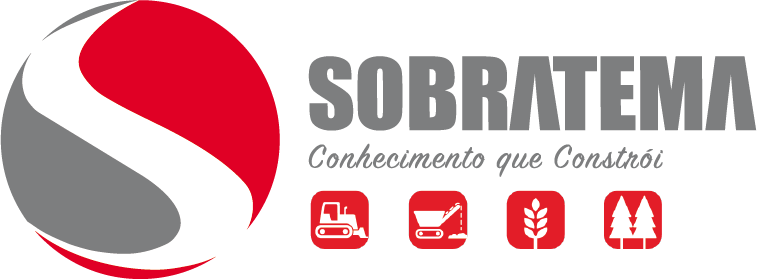Publicado em 09 de abril de 2015
Technology and innovation increase productivity in worksites
Between 2007 and 2012, the GDP of civil construction has grown 1.8 times faster than the national GDP. This strong rate of growth was caused by the large volume of works in the entire country, by the increase of economy and by the programs developed to make easy home purchase by the population.
For Hugo Marques da Rosa, president of Método Engenharia, the current main challenge of the area is to maintain its rate of return in a scenario with less works and constant pressure for cost reduction. “The only solution is to focus in the increase of productivity”, says him. “A good example is the fact that a Brazilian average worker generates one fifth of the wealth generated by an American worker. While in Brazil two workers build 17 sq.mt. of masonry per day—in a very artisanal system—in the United States two workers produce up to 50 sq.mt. in the same period using industrialized materials”, adds him.Industrialization is a way to increase productivity in Brazilian construction. According to Rosa however, there are still some barriers to be surpassed—especially culture and investment values—to make feasible this alternative. “Comparing costs of conventional and innovative technologies will not bring any result because not only the costs directly involved but also the benefits that arise from the entire life cycle of the project—what involves, among others, gains in productivity that will reduce indirect costs—have to be measured”, explains him. “The most appropriate way to increase the industrialization level in construction is to carry out sound studies of feasibility that allow overall view and ensure decisions taken with maximum safety, minimizing risks”, complements him.
The president of Método Engenharia, that will take part in the Sobratema Workshop 2015, says also that there is another question to be considered: wage increases are not followed by productivity increases. “In this situation, profit margins of the companies are reduced, reducing their profits, competitiveness and capacity of investment”, says him.
In this sense, Rosa considers that the increase in productivity in Brazilian civil construction industry depends on comprehensive actions involving the whole life cycle of the project, the entire value chain, such as, for example the need of planning and scheduling, structured processes, project management and use of 3-D modeling softwares; implementation of management methods based on surplus reduction, such as Lean Construction; integrated and automated methods of material management; increase of worksite mechanization and higher rate of equipment use; adoption of more effective applied technologies and construction methods; actions to qualify labor and to maintain workers in the site; focus in project improvement (conception, compatibility and as built). “Currently, 3-D modeling softwares—such as, for example, BIM – Building Information Modeling—define the design in 3D, carry out design compatibility and analyze costs and progress of scheduling”, remarks him.
Método Engenharia, for example, is using new technologies of construction and concepts that allow it to automate processes, optimize resources and consequently increase productivity. Among the examples shown by Rosa, there are the following: introduction of dry concrete in the 90s; Off Site Construction, that transformed worksites in assembly lines and increased the level of quality and productivity in the field; and the program of qualification in technology and management of production, an extension course developed in partnership with NGI Consultoria, FDTE and Escola Politécnica da Universidade de São Paulo to prepare its professionals to ensure operational excellence in work development.
The innovation in construction to increase productivity will be detailed by Rosa at April 8th in the Sobratema Workshop 2015, whose main approach is Productivity – Main Challenges of Construction. The event is directed to businessmen, managers, engineers, professionals and experts of contractors and suppliers of the whole construction chain.
The program will have presentations carried out by Jevandro Barros, CEO of IOPEX Brasil – Institute for Operational Excellence, that will talk about Lean Construction and Operational Excellence; Marcos Schmidt, Product Manager of Atlas Copco Brasil Construction Division, that will talk about equipment technologies for use in work fronts and industrialization of worksites; and by Rüdiger Leutz, CEO of Porsche Consulting, that will highlight the importance of professional qualification in civil construction and its impacts on productivity.

Av. Francisco Matarazzo, 404 Cj. 701/703 Água Branca - CEP 05001-000 São Paulo/SP
Telefone (11) 3662-4159
© Sobratema. A reprodução do conteúdo total ou parcial é autorizada, desde que citada a fonte. Política de privacidade


